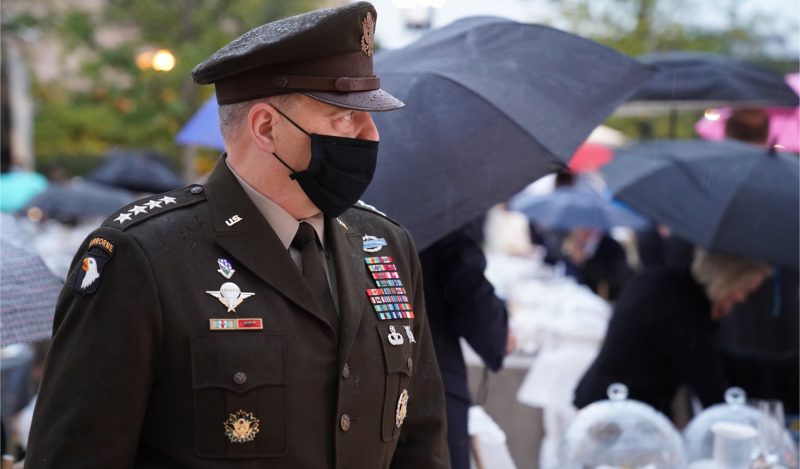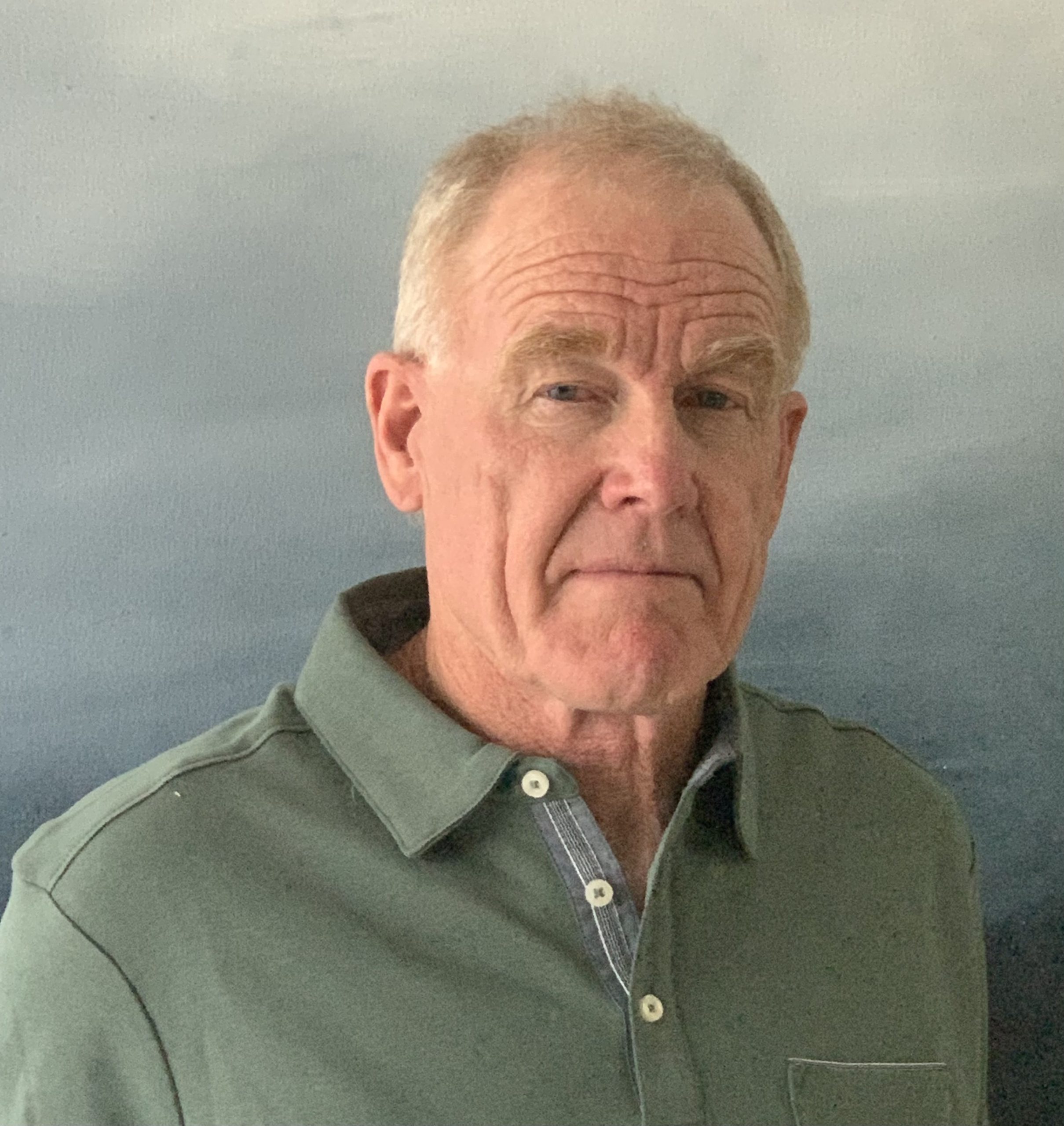According to the Chairman of the Joint Chiefs of Staff, General Mark Milley, the January 6th demonstration was an attempt to overthrow the Constitution. Lt. General and former National Security Advisor H.L. McMaster declared that the Department of Defense’s Afghanistan withdrawal debacle resulted from the American public’s “disinterest and defeatism.”
The language of politicians, fraught with half truths, omissions, and exaggerations and parsed for plausible deniability, is the lingua franca of an expanding number of generals and admirals.
Why would members of the military, whose members represent generations of men and women whose reputations are based on honesty, trust, and integrity, emulate members of Congress, whom less than 10% of Americans rate high or very high in these character traits?
The PEW Research Center notes an erosion of confidence in all major institutions with business leaders, journalists, and elected officials tallying the lowest approval ratings. The latter, with a confidence score of 24%, recorded the lowest score by a large margin, but the public’s perception of the military is both unexpected and disconcerting. A December 2021 poll from Breaking Defense indicated 40% of Americans placed a great deal of trust in the U.S. military — down from 70% two years previously and a reflection on the politicalization of the armed services.
Quibbling is the unfair and plain evasion of the truth by the use of ambiguous terms. Telling half truths to gain personal advantage prompted the Air Force Academy, an institution based on the highest standards of integrity, to equate quibbling to lying. In 1985 a spokesman for the Academy affirmed this standard as it applied to a high ranking cadet accused of quibbling. “Quibbling is the creation of a false impression in the mind of the listener by cleverly wording what is said, omitting relevant facts, or telling a partial truth when one does so with the intent to deceive or mislead. Quibbling is a form of lying and that is a violation of the Cadet Honor Code.”
When mimicking lawmakers by seeking the limelight and quibbling with facts and details, military leaders undermine public trust in the institutions they represent. Elite organizations insist on the highest standards – integrity first, service before self, and excellence in all endeavors.
Historically, military professionals are bound by a higher moral standard than the public they protect. When an admiral or general breaks this pact and deceives the public, every member of the armed services is implicated by association. Character developer Michael Josephson discussed this phenomena, “Reputation, trust, and credibility are assets no organization can afford to lose and the surest way to lose them is to lie.”
Members of the press, whose specialty is advocacy journalism, excuse quibbling by describing it in euphemistic terms: spinning, deflection, hedging, redirecting and managing. Samuel Johnson quipped about the price one pays for quibbling, “A quibble is to Shakespeare what luminous vapours are to the traveller: he follows it at all adventures; it is sure to lead him out of his way and sure to engulf him in the mire.”
The intent is to relabel dishonesty and declare the statement of half truths as an acceptable practice in public discourse. However, according to Mark Putnam, “Spinning is like any kind of dishonesty, it’s wrong. It makes good old fashioned lying sound clever and trendy. It can be said that stupid people lie and smart people spin.”
In discussing Twelve Rules of Life David Didau highlighted the perpetual tension between the objective world based on fact and the one warped by the ceaseless bombardment of spin, fake news, and self promotion. By manipulation of language, lying serves as a powerful tool to attain one’s intended goals. At some point, however, this behavior affects judgment and distorts one’s imagination and perception of the real world. The margins between truth and opinion blur in a never ending cycle of self delusion.
Commanding officers in the Department of Defense opted to quibble when attempting to justify the rigid mandatory Covid 19 vaccination policy at the Air Force Academy. Rather than respond to the cadets’ legitimate concerns directly, officers chose to address the issue with deflection and ambiguity.
A number of cadets objected to receiving the Pfizer vaccine for either religious or medical reasons. They rightly contended that their age and excellent state of health placed them at low risk for serious illness from Omicron, the current predominant Covid 19 variant. They also noted that the vaccine’s protective period lasts a few months, and it neither prevents infection, nor its transmission.
Those who had acquired natural immunity from a previous infection, stated that they were better protected than those who were vaccinated, hence an asset rather than a detriment to the Air Force in terms of force protection. The lack of a proper informed consent policy in regards to the Pfizer mRNA emergency use only (EUA) vaccine rather than the FDA approved Comirnaty version added to the objections.
The Academy Superintendent categorically denied all requests for a vaccine exemption and delivered an ultimatum: either receive the vaccine or face expulsion or punishment. The Superintendent, who attended the Academy in 1985 during the height of the quibbling incident, should understand that it is unethical to issue commands that rely on quibbling to justify them.
Yet, the letter of denial sent to the cadets contained outdated, pre Omicron data that grossly exaggerated the dangers of the disease. At one time early in the course of the pandemic, vaccination may have reduced hospitalization and death, but this statistic does not apply to Omicron and its minuscule threat to young, healthy adults.
The letter incorrectly stated that the current vaccine protects against acquisition and transmission of infection. Naturally immunity, the gold standard of immunity to disease, concerns regarding improper informed consent, and the use of the EUA vaccine were ignored.
This same Superintendent has overseen the disciplinary action process in the aftermath of one of the worst cheating scandals in the Academy’s history, involving about 250 cadets. Less than 10% were expelled, while others were allowed to graduate after participating in additional honor training.
These cadets, who committed overt dishonorable violations of the Honor Code, were allowed to graduate and receive Air Force commissions, while the cadets who refused to receive the Covid mRNA vaccine for either medical or religious reasons were denied this opportunity.
Generals who adhere to the ethos of duty, honor, and country and unwaveringly act to protect and defend the Constitution possess intangible assets that are foreign to most politicians. Integrity, trust, and honesty are character traits that are unwisely discarded to curry fleeting favor with the press and political establishment. The political general, who employs the language of the quibbler, obscures the truth and makes the boundary between politicians and military leaders indistinguishable.
Join the conversation:


Published under a Creative Commons Attribution 4.0 International License
For reprints, please set the canonical link back to the original Brownstone Institute Article and Author.









